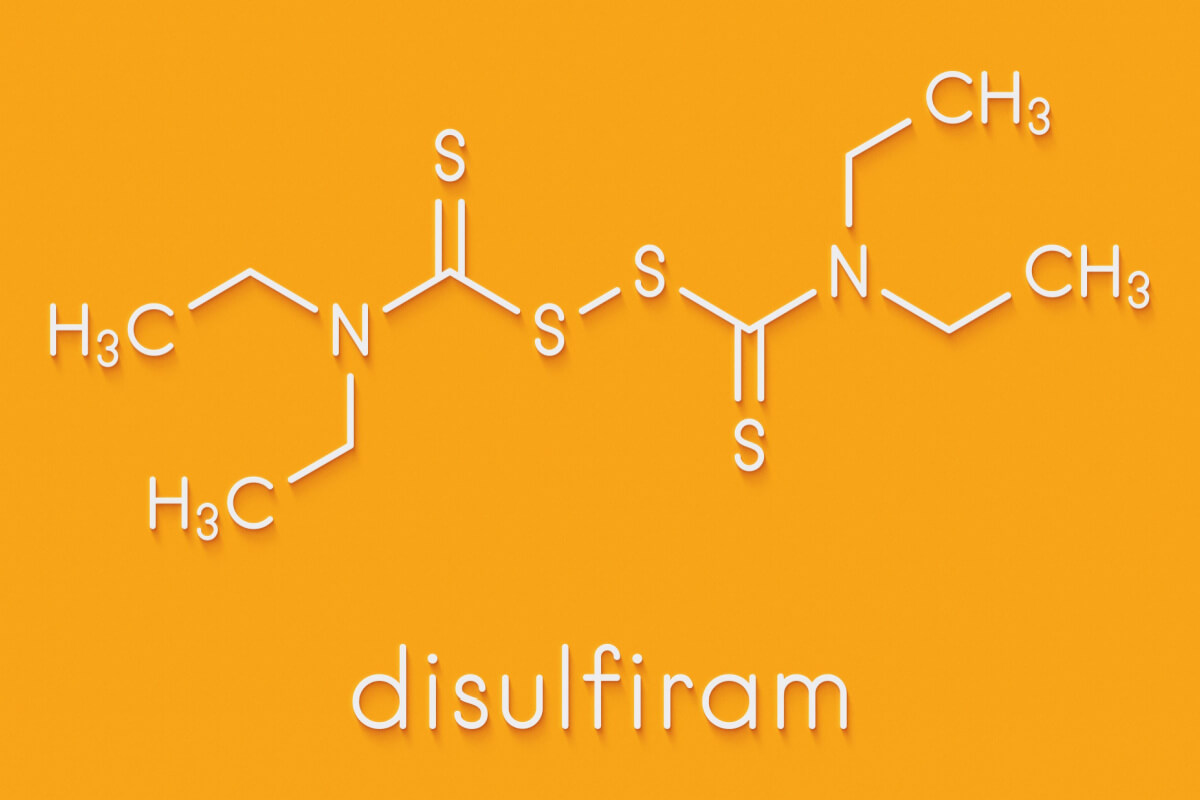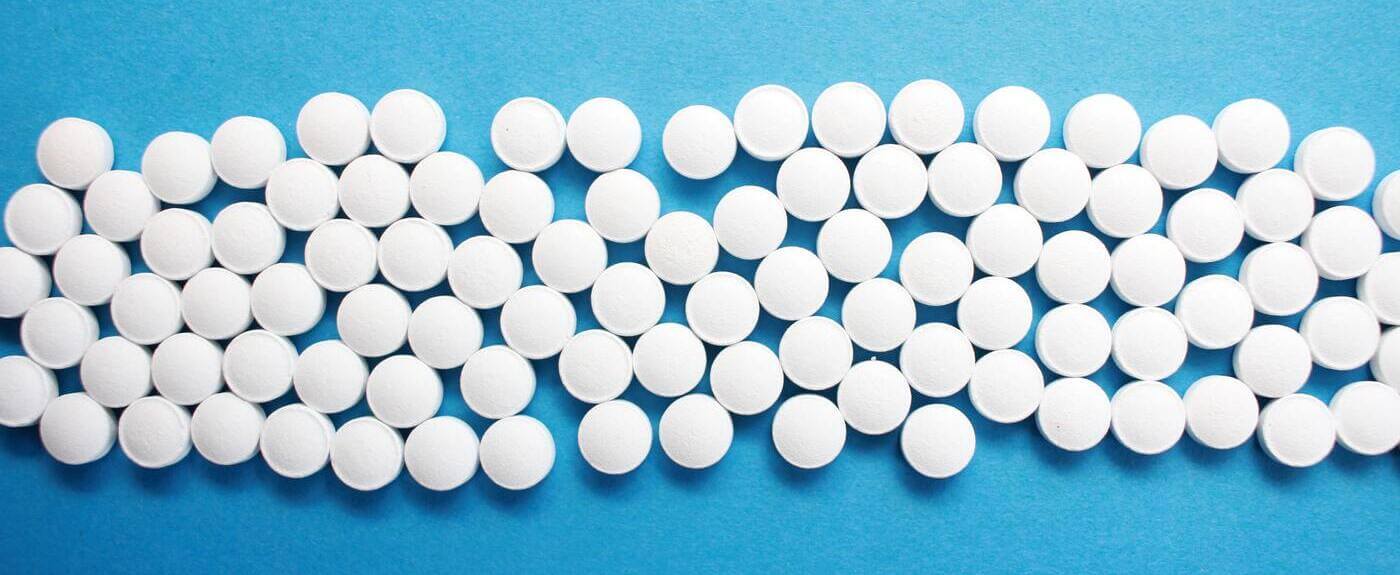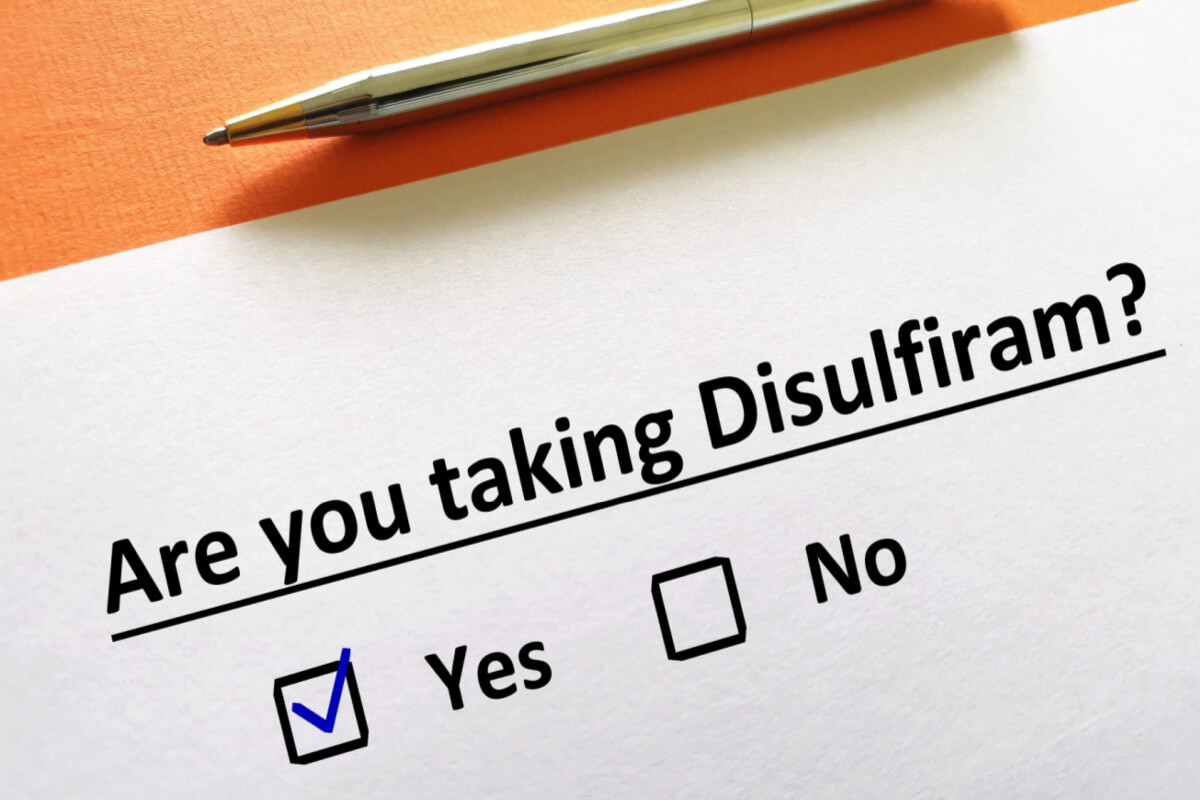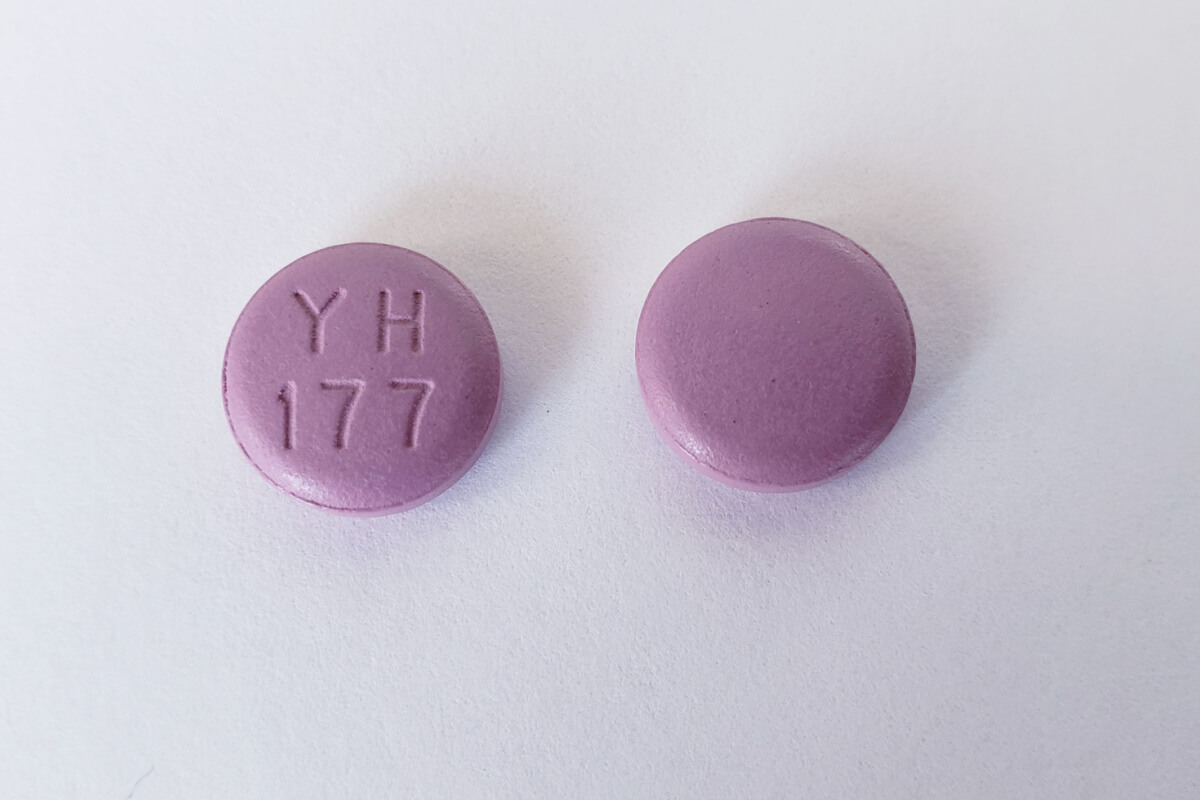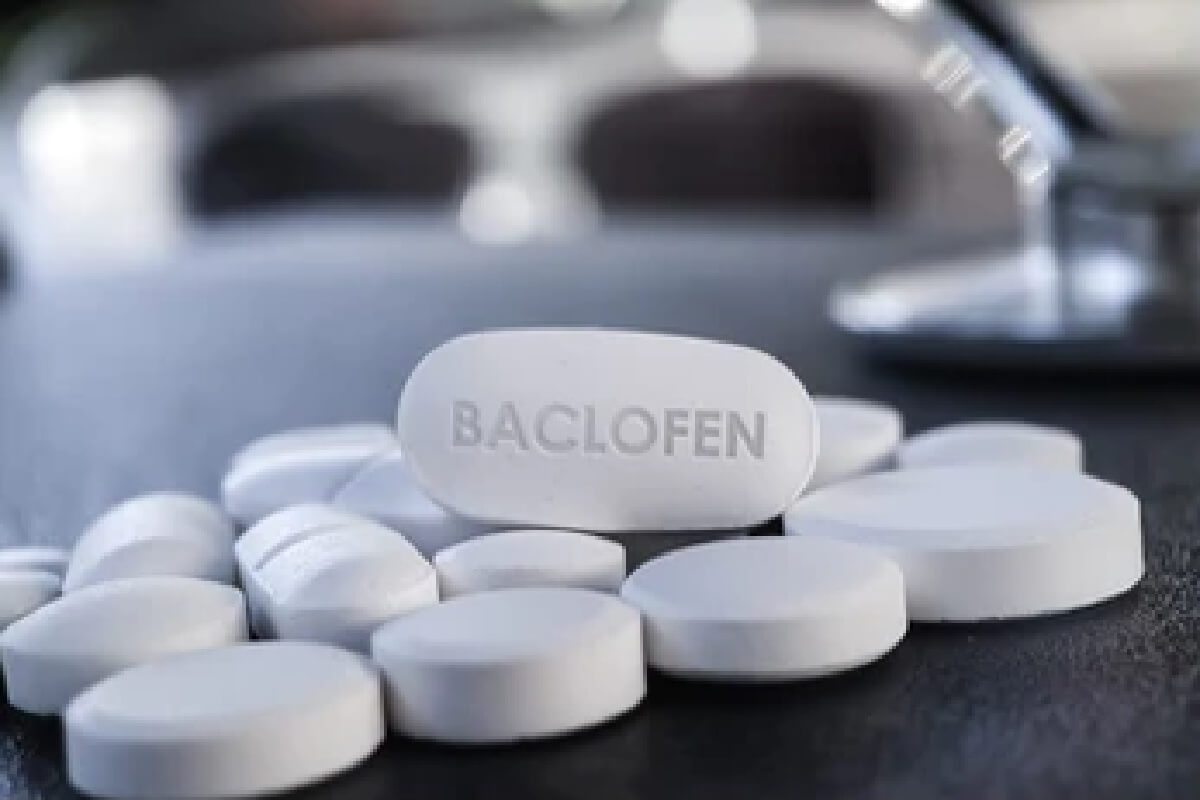
Baclofen is a muscle relaxer, a medication traditionally prescribed to treat pain relief or muscle spasms. It is currently being investigated for off-label use as a withdrawal management tool for those who are in recovery from opioid addiction.
Because opiate withdrawal symptoms can make it harder for people to successfully stop using drugs and start living life in recovery, it is important to continue to seek out alternative methods of treatment that can ease the process. For many people, baclofen has been a positive solution to the problem of extreme discomfort during opiate detox.
What Is Baclofen?
Baclofen was first created in 1962 by a Swiss chemist named Heinrich Keberle who was seeking a treatment for epilepsy. The drug failed in that respect, but it proved to be an effective treatment for disorders that trigger spasms like spinal cord injuries and multiple sclerosis.[1]
Currently, the drug is approved by the FDA for medical use to treat spasticity and muscle spasms. However, some researchers have tried to use it to treat people who are in opiate detox, the first stage of opiate addiction treatment.
Baclofen as a Treatment for Opiate Withdrawal
More study is needed, but preliminary evidence suggests that baclofen is effective in the treatment of opiate addiction for two reasons.
First, it is a GABA receptor agonist, which means that it slows down hyperactivity in the nervous system and stops the negative effects usually associated with opiate withdrawal.[2] Second, it provides its own rewarding effects to users that can improve how they feel emotionally as well as physically, making the process of detox easier.[2]
Effectiveness & Benefits of Baclofen
In studies, the efficacy of baclofen for the treatment of opiate addiction has proven successful multiple times. In one study, the drug was given to half of the participants, while the other half got a placebo. The group taking baclofen had higher rates of staying in recovery through the end of the study and suffered from fewer withdrawal symptoms, cravings, and depressive symptoms.[2] However, results overall have been inconsistent, with several other studies showing no success.[4] At this time, baclofen is not officially FDA-approved to treat opiate addiction, though some physicians may prescribe it ‘off-label’ for this purpose.
Dosage & Administration
Dosing of baclofen for the purposes of treating opiate addiction will vary from person to person. The amount needed will depend on various factors including these:
- The dose of opioids the person is on at the time of cessation of use
- Co-occurring mental health disorders
- Other medications being taken at the same time
- Underlying physical ailments
It is important that anyone considering the use of baclofen works with a trained medical professional and has continued medical supervision throughout treatment.
Considerations & Safety of Baclofen for Opiate Addiction
As with any medication, using baclofen comes with some risks.
Safety Precautions
A medical professional can help you to avoid some of the possible issues that can occur when taking baclofen. For optimum safety, it is a good idea to take these steps:[3]
- Tell your treating physician about all the other medications you are taking to ensure that there will be no complications and that your other medications will still work correctly. Include supplements and vitamins in this list.
- If you have ever had kidney disease, Parkinson’s disease, cerebral palsy, epilepsy, a stroke, or schizophrenia, share this information with your doctor.
- If you are pregnant, intend to become pregnant, or are breastfeeding, your doctor needs to know.
- Avoid using alcohol while taking baclofen.
- Know that the drug can make you sleepy, so do not take it if you have to drive or operate machinery.
Possible Side Effects
It doesn’t happen to everyone, but baclofen can trigger side effects that may or may not fade over time. For example, some people have reported experiencing the following:[3]
- Confusion
- Headache
- Dizziness
- Nausea
- Sleepiness
- Insomnia
If you experience any of these and they don’t go away after a week or so, tell your doctor. If you have a seizure or experience visual or aural hallucinations, see emergency medical assistance.
Comparing Baclofen to Other Addiction Treatments
More traditional medications used to treat opioid addiction include methadone and Suboxone (buprenorphine/naloxone). Both of these drugs have been prescribed to treat opioid withdrawal and addiction for decades before baclofen was considered for this use.
Though some preliminary evidence suggests baclofen can help to manage opiate detox, it is not usually the first medication prescribed. Suboxone has long been the gold standard for opioid use disorder (OUD). It is often preferred by people in recovery because it doesn’t make them drowsy. Since Suboxone and methadone are FDA-approved treatments for opioid addiction whereas Baclofen is not, Suboxone and methadone are much better options for most people.
It’s important to note that there can be side effects with all three of these medications, and individual factors will influence which choice of medication will be most appropriate. Talk to your treatment team about which type of Medication for Addiction Treatment (MAT) makes the most sense for your situation.
Frequently Asked Questions About Baclofen for Opiate Addiction
These are some of the questions we hear most about baclofen’s use for opiate withdrawal and addiction:
For those who are living with epilepsy, cerebral palsy, schizophrenia, and some other disorders, baclofen may not be a good fit. Check in with your doctor and share all symptoms and diagnoses as well as all medications being taken. They’ll help you determine if baclofen is right for you.
Though there have been a few rare cases of misuse of baclofen, for the most part, it is considered safe for treating opiate addiction, though it may not be appropriate for everyone.[5,6] If the medication is prescribed and side effects develop, contact your doctor to ensure it is still a good fit.
When baclofen is used for the purposes of treating opiate detox, it is not generally used for longer than needed. It is, however, a non-opioid pain reliever, so some people who are living with chronic pain in addition to opioid addiction may find that it works to reduce their pain in recovery. This is determined on a case-by-case basis and is not intended as medical advice.
It is possible to become physically dependent on baclofen, just as it is possible for many medications. In most cases, you can taper off the medication safely as directed by a doctor.
Baclofen’s Purpose
For some people, baclofen may be helpful during the course of opiate detox alone or in combination with other medications like Suboxone to mitigate withdrawal symptoms, ease the transition into recovery and reduce the risk of relapse.
If you believe that baclofen might be a good fit for your situation or that of someone you love, reach out to a medical professional or addiction treatment center for more information. Here at Bicycle Health, we’re happy to answer any questions you have.

Reviewed By Peter Manza, PhD
Peter Manza, PhD received his BA in Psychology and Biology from the University of Rochester and his PhD in Integrative Neuroscience at Stony Brook University. He is currently working as a research scientist in Washington, DC. His research focuses on the role ... Read More
- Romito JW, Turner ER, Rosener JA, et al. Baclofen therapeutics, toxicity, and withdrawal: A narrative review. SAGE Open Medicine. 2021;9:205031212110221. https://doi.org/10.1177/20503121211022197
- Assadi SM, Radgoodarzi R, Ahmadi-Abhari SA. Baclofen for maintenance treatment of opioid dependence: A randomized double-blind placebo-controlled clinical trial [ISRCTN32121581]. BMC Psychiatry. 2003;3(1). https://doi.org/10.1186/1471-244x-3-16
- Baclofen. U.S. National Library of Medicine. Published December 15, 2019. Accessed January 24, 2024. https://medlineplus.gov/druginfo/meds/a682530.html
- Agabio R, Preti A, Gessa GL. Efficacy and tolerability of baclofen in substance use disorders: A systematic review. European Addiction Research. 2013;19(6):325-345. https://doi.org/10.1159/000347055
- Das S, Palappalllil DS, Purushothaman ST, Rajan V. An unusual case of baclofen abuse. Indian Journal of Psychological Medicine. 2016;38(5):475-476. https://doi.org/10.4103/0253-7176.191383
- Pelerin JM, Fristot L, Gibaja V, Revol B, Gillet P, Lima-Tournebize J. Non-medical use of baclofen: A case series and review of the literature. Therapies. 2023;78(6):615-637. https://doi.org/10.1016/j.therap.2023.02.007
Download Our Free Program Guide
Learn about our program, its effectiveness and what to expect
Related articles
Imagine what’s possible on the other side of opioid use disorder.
Our science-backed approach boasts 95% of patients reporting no withdrawal symptoms at 7 days. We can help you achieve easier days and a happier future.


